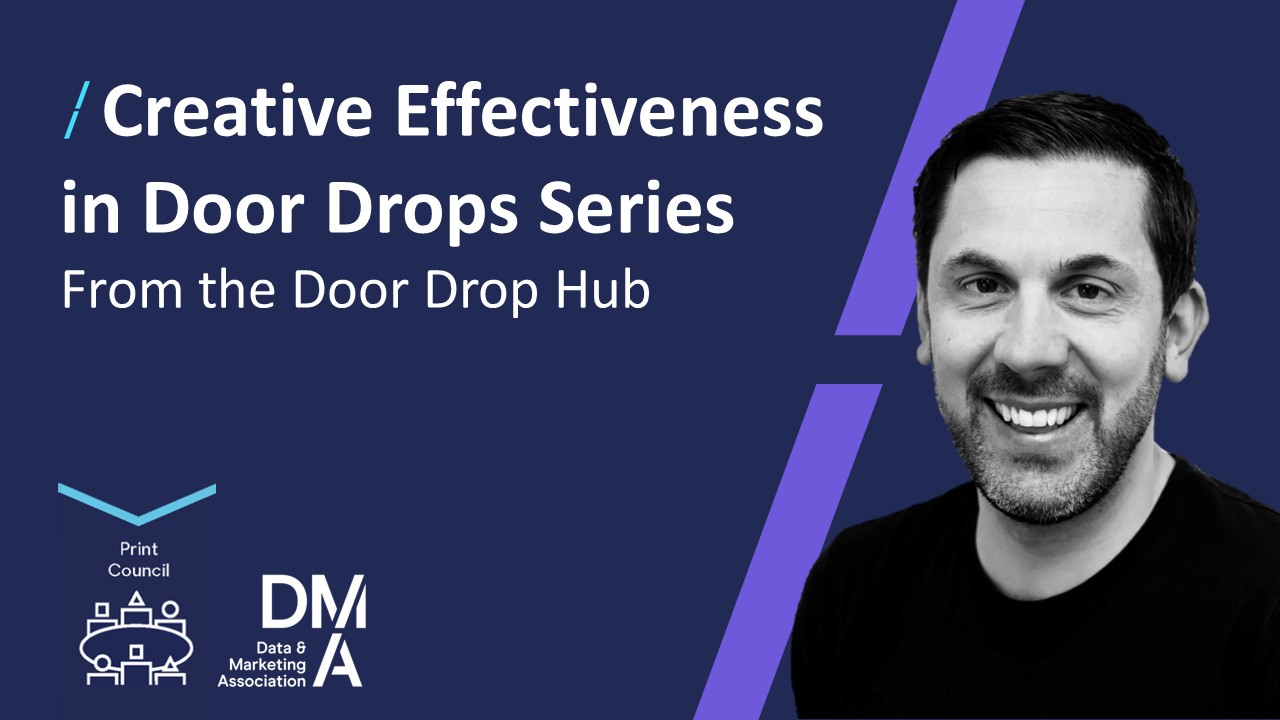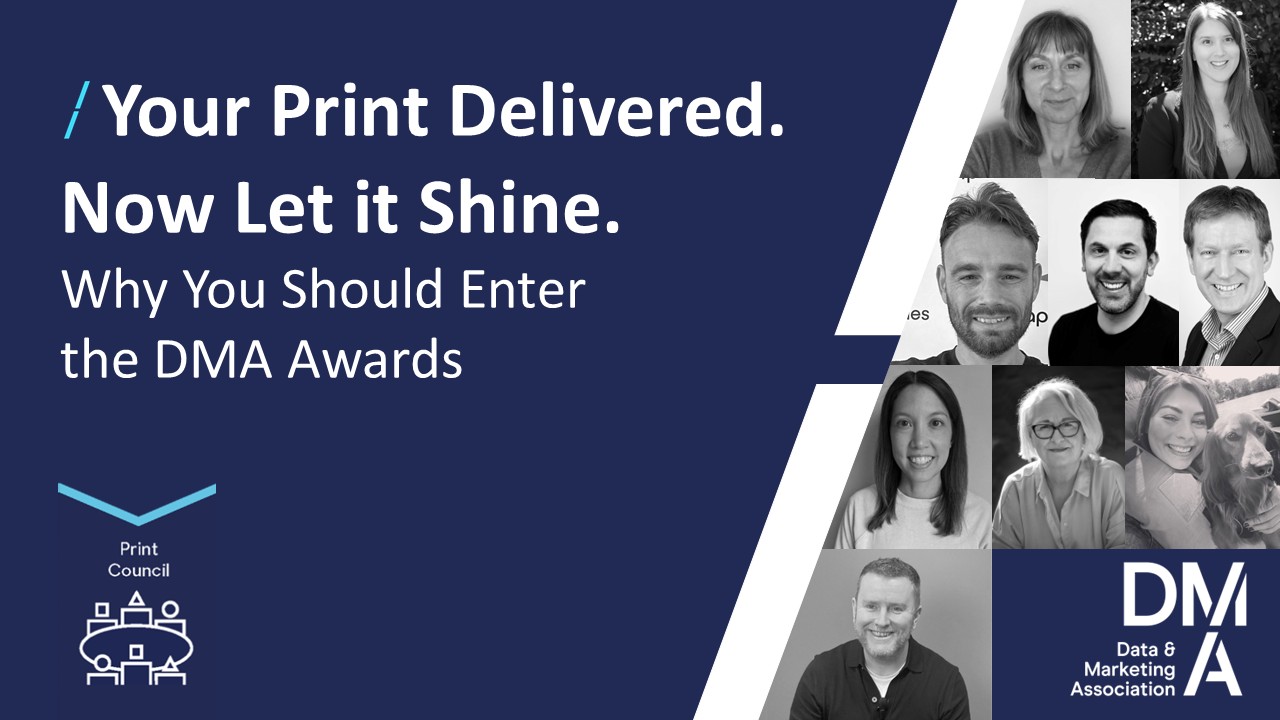We must be sexist and ageist about consent
22 Jun 2015

At first glance, it appears that males and females provide marketing consent at similar rates.
But when you dig deeper, the situation becomes more complex. Surprise, surprise, males are different from females!
Before my 12 year old daughter accuses me of sexism; I promise I will stick to the facts - which sometimes keeps me out of trouble.
When females give their consent for a company to market to them their most important reasons are a belief their data will be safe and that they have choice in the type of consent they give. But when males give consent their most important reasons are a process which is both honest and trustworthy.
This is neither the time nor place to draw any broader conclusions about the expectations either males or females might have in other situations, but it is the ideal place to consider the impact this has when a brand is trying to persuade someone to consent to marketing.
I use the word “persuade” deliberately because this is a marketing process and as marketers we need to engage with it: Wake up and smell the consent. As a marketer, I conclude different messages should be sent to males and females.
And now, to the impact of age. As I edge towards the top age box, I feel more empowered to adopt strong views on this demographic.
There is a significant difference in consent levels in different age groups. Even ‘overall’ there are profound differences. Young people will provide marketing consent far more frequently than the over-55s, 70% of whom say they provide marketing consent less than 20% of the time.
The dramatic difference in the reasons different age bands give for allowing consent are instructive. The primary reasons among the over-55s are; it provides choice; their data will be safe; and they will remain in control. While the top reasons for the 18 to 25s are honesty and trust. This implies it could be fruitful to create different permission statements for different channels?
The http://fastmap.com/data-permissions-benchmark (developed in partnership with OPT-4) illustrates that changing only a few words can drastically affect the number of opt-ins. Other changes, which are only just beginning to be explored may have a similarly drastic effect on IPV http://fastmap.com/ipv-calculator . Yet few marketers have even started to consider the journey of providing consent, let alone the potential for being sexist and ageist along the way. Marketers have a lot of catching up to do!





Please login to comment.
Comments